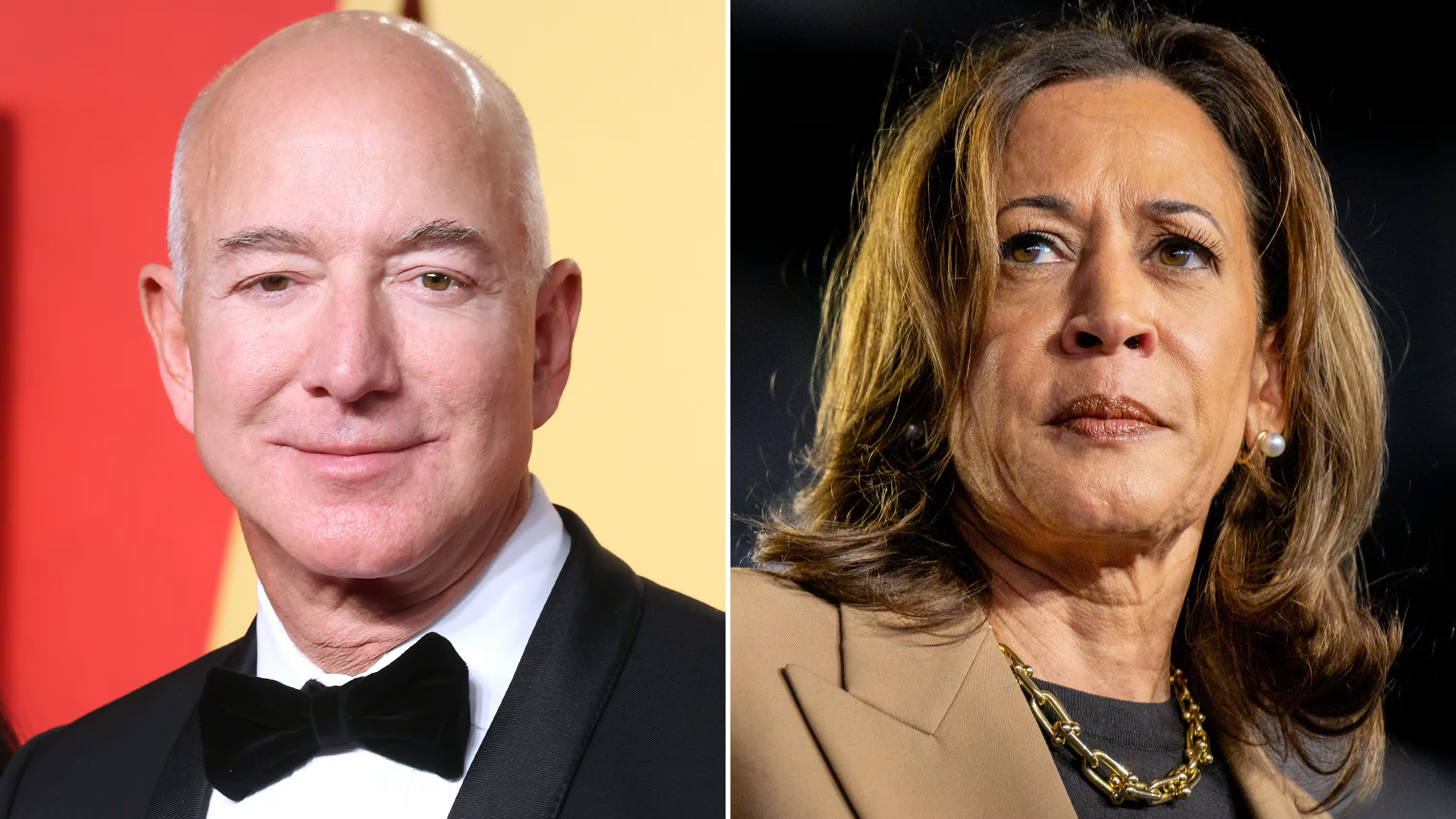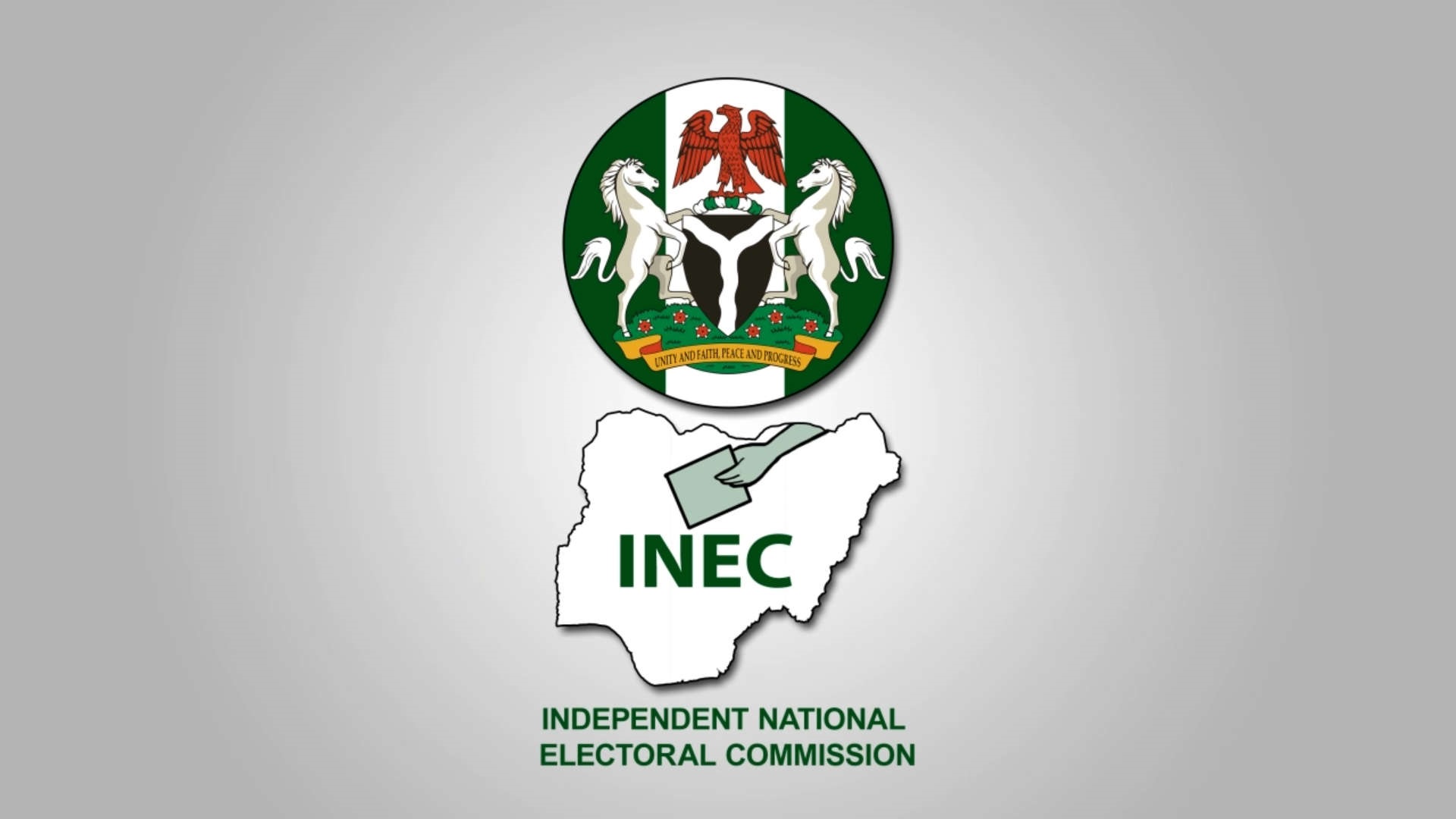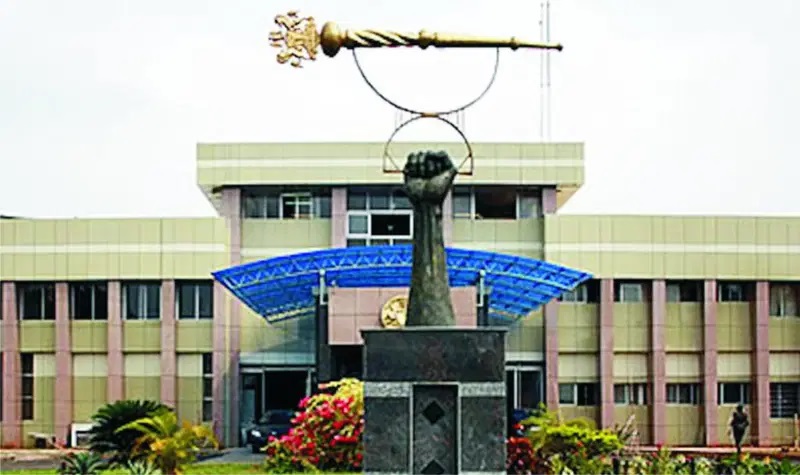The Washington Post is experiencing a significant wave of cancellations from its digital subscribers and a spate of resignations from its columnists, a backlash stemming from owner Jeff Bezos’s decision to prevent the endorsement of Vice President Kamala Harris for the presidential election.
According to sources within the paper, over 200,000 subscribers had cancelled their digital subscriptions as of midday Monday. While not all cancellations take effect immediately, this figure accounts for approximately 8% of the paper’s paid circulation of 2.5 million, including print subscriptions. The number of cancellations continued to rise throughout Monday afternoon.
A spokesperson for the corporate entity declined to comment, citing the Washington Post Co.’s status as a privately held company.
“This is an enormous figure,” remarked former Post Executive Editor Marcus Brauchli during an interview with NPR. “The issue is that the reasoning behind the decision remains unclear. We know the decision was made, but its motivations are still mysterious.”
Patrick Soon-Shiong, owner of the Los Angeles Times, also blocked his paper’s endorsement of Harris this month, leading to the resignation of his opinion editor, who criticised the decision.
Chief Executive and Publisher Will Lewis described the choice to refrain from endorsements in this presidential election and future ones as a return to the Post’s foundational values, portraying it as an “independent paper.”
However, many within the organisation question this justification, especially given the timing, which coincides with a highly competitive race between Harris and former President Donald Trump. Post reporters have documented numerous allegations of misconduct and illegal activities involving Trump and his associates. The editorial page operates independently and has portrayed Trump as a danger to American democracy.
One insider commented, “This sends a message to ownership but undermines the quality journalism the Post is known for. Few organisations can match the depth and breadth of reporting produced by the Post’s journalists.”
Even at the New York Times, which boasts a more extensive circulation, a significant protest might only result in a few thousand cancellations.
Earlier this year, Lewis had celebrated the paper’s addition of 4,000 subscribers as a notable achievement.
Bezos’s decision, first reported by NPR on Friday, has since led to the resignation of two columnists and the departure of two editorial board members.
In a letter explaining his resignation from the editorial board, David Hoffman stated, “For decades, the Washington Post’s editorials have been a beacon for those oppressed and voiceless. When victims of tyranny were persecuted, we ensured their stories reached the world.”
Hoffman expressed concern over what he perceives as a looming threat of autocracy with Trump’s candidacy, stating, “It is unacceptable that we have silenced our voice.”
Despite his resignation from the editorial board, Hoffman plans to stay at the paper. This demonstrates his commitment to The Post, where he has worked for 42 years, and his dedication to supporting global press freedom.
Hoffman recently accepted a Pulitzer Prize for editorial writing, awarded for a series examining how authoritarian regimes use technology to suppress dissent.
On CNN, former columnist Robert Kagan discussed his resignation, asserting, “We are capitulating to Donald Trump out of fear of his potential actions. ” He highlighted a meeting between Trump and officials from Bezos’s Blue Origin shortly after the decision was made public.
Blue Origin holds a multi-billion-dollar contract with NASA. During Trump’s presidency, Amazon filed a lawsuit against the government, claiming it was denied a $10 billion cloud-computing contract due to Trump’s displeasure with coverage from the Post, which Bezos owns.
At the start of the year, Bezos appointed Will Lewis as publisher and chief executive, partly because of his connections with influential conservative figures and his success in appealing to conservative audiences. Lewis previously led the Telegraph in the U.K., known for its alignment with the Conservative party, and held a top executive role for Rupert Murdoch before becoming publisher of the Wall Street Journal.
On Monday, Shipley conducted a tense meeting with opinion section staffers, who posed challenging questions regarding the situation and urged Bezos to address them directly.
Reports indicate that Shipley had previously attempted to persuade Bezos against the decision but ultimately admitted, “I failed.”





